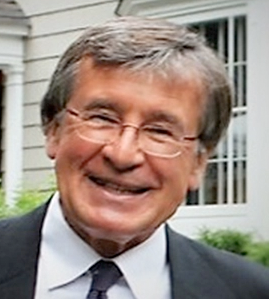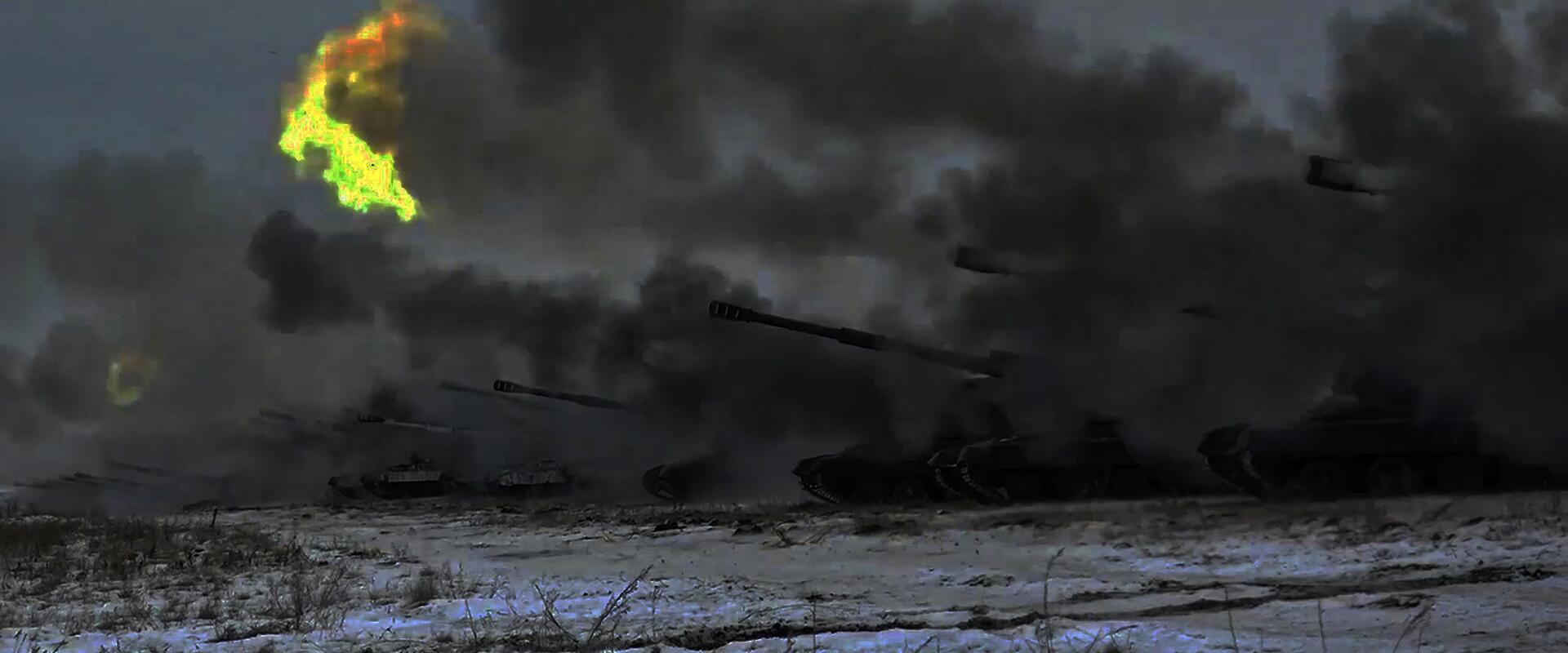NATO in 2022: Reconciling Allied Perspectives
Date
Thursday March 3, 202212:00 pm - 1:00 pm
Location
Online Webinar over ZoomCanada’s embrace of the need for western collective defence against the Soviet Union under American leadership lead Ottawa to play an active role in the initial discussions leading to the establishment of NATO and to make a significant military contribution to allied forces in Europe in the 1950s. In the decades that followed, Ottawa was beset with a series of domestic and external challenges to its place and contributions to the Alliance. Through all the controversy, Canada remained anxious to retain its place in the allied military structure and its seat at the table in allied councils. Nevertheless, by the late 1980s, it seemed that all Canada had to offer its allies was a military and politically insignificant bare presence in Germany. The end the of the Cold War would, ironically, led to a renaissance of Canada’s place and significance in NATO with deployments and combat operations in Balkans followed by the post 9/11 contributions to the allied forces in Afghanistan. After the Russian take-over of Crimea and in response to U.S. President Trump’s criticism of NATO, Canada leaned forward, not by increasing defence expenditures, but deploying forces to Latvia and contributing to training missions in Ukraine, in other words by supporting the Alliance in the very activities which have now brought a threatening Russian response. While noteworthy, these efforts have not been onerous until now as Canada’s “easy riding” approach to NATO is being tested again.
Italy and NATO in the 21st century: still a formidable partnership?
More than three decades since the crumbling of the Soviet bloc, NATO continues to be perceived by most of Italy’s political forces as an indispensable political and security bastion against the threats of regional instability and conflict. Although in recent years, economic stagnation and popular discontent have called into question outright support for European integration, Italy’s commitment to NATO has remained rock solid. Rather, an increasingly volatile international scenario and the slow development of the European Union’s CSDP have further strengthened the Alliance’s importance for Italian security. In the current strategic scenario, Rome’s concerns are focused on an arc of crisis stretching from the Mediterranean toward the Near East and the Gulf region and which might weld with instability in the Balkans, Ukraine, and the Caucasus. Persisting economic problems, the uncertain trajectory of the CSDP, and the growing assertiveness of revisionist powers, particularly Russia and Turkey, make far too evident for Italy the centrality of the Alliance and of its bilateral bond with the US. Nonetheless, while NATO remains the only multilateral security provider capable of effectively keeping in check the ambitions of other powers and preserving stability in the broader Mediterranean region, in the 21st century NATO’s ongoing relevance for Italy will depend on its ability of balancing its Eastern and Southern dimensions and of securing Rome a seat at the table when decisions affecting European security are taken.
Speakers:

Dr. Joel J. Sokolsky is a Professor of Political Science at the Royal Military College of Canada (RMC). He holds a PhD in Political Science from Harvard University and an MA from the School of Advanced International Studies (SAIS), Johns Hopkins University. From 2008 to 2013, he was Principal of RMC. He is a Senior Fellow at the Queen’s University Centre for International and Defence Policy and holds an appointment with the Queen’s Department of Political Studies. He is a Senior Analyst with Wikistrat.com. He has been the recipient two Fulbright Scholarships, two NATO Fellowships and a Killam Fellowship. Dr. Sokolsky’s most recent authored, co-authored and edited works include; Canada in NATO, 1949 -2019), “The International Fraternity of the Uniform: Implications for Civil–Military Relations”, Multilateral Unilateralism: Europe’s Second Chance…on America’s Terms, Canada’s NATO: Seventy Years of Commitment and Re-Commitment,” “Rejecting the Colorado Springs Playbook? NORAD in the Age of Trump” (2020) and North American Strategic Defense in the 21st Century: Security and Sovereignty in an Uncertain World.

Luca Ratti is Associate Professor of History of International Relations at the University of Rome 3 and Adjunct Professor of International Relations at the American University of Rome. He is currently visiting Professor in European Security at Carleton University.
His research and teaching interests lie U.S.-European relations, NATO’s evolution, European security and defense policies, and international relations theory. He is author of three monographs, two edited volumes and several journal articles and book chapters.
Disscussant:

After receiving his Ph.D. in International Relations in 1978 from the Johns Hopkins School of Advanced International Studies, in Washington, D.C., David Haglund assumed teaching and research positions at the University of British Columbia. In 1983 he came to Queen's. From 1985 to 1995, and again from 1996 to 2002, he served as Director of the Queen’s Centre for International Relations (subsequently renamed the Queen’s Centre for International and Defence Policy). From 1992 to 1996 he served as Head of the Department of Political Studies, and as Acting Head for the 2015-16 academic year.
